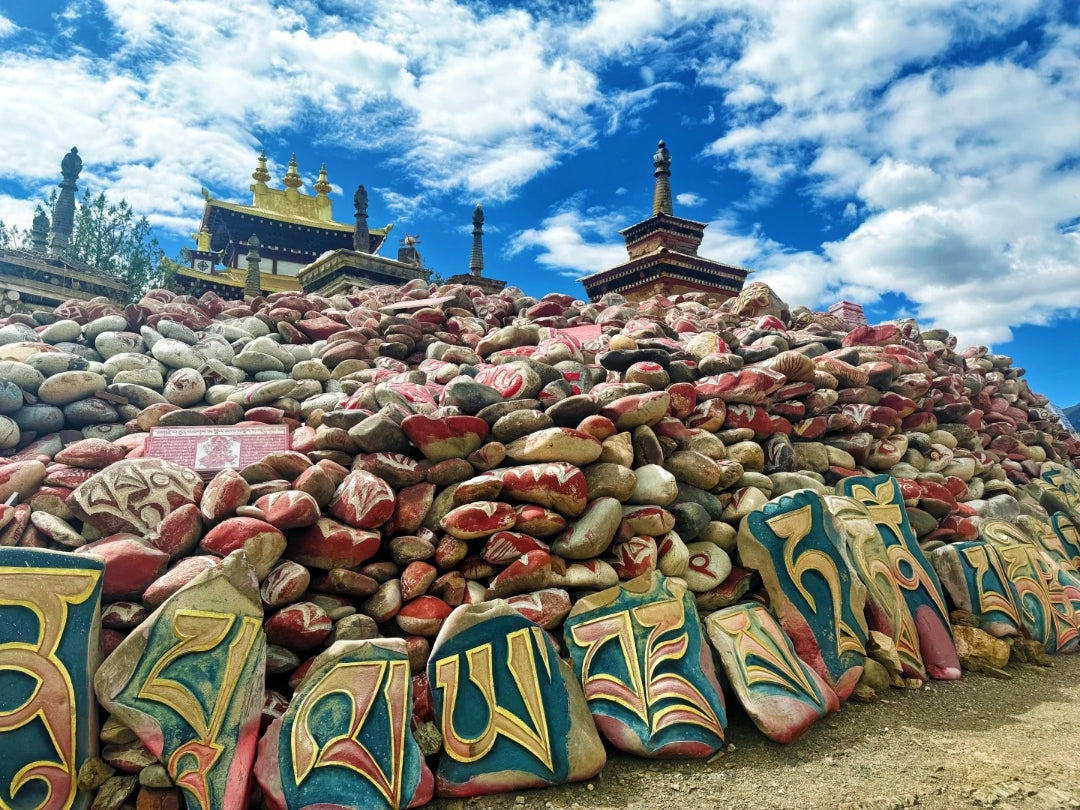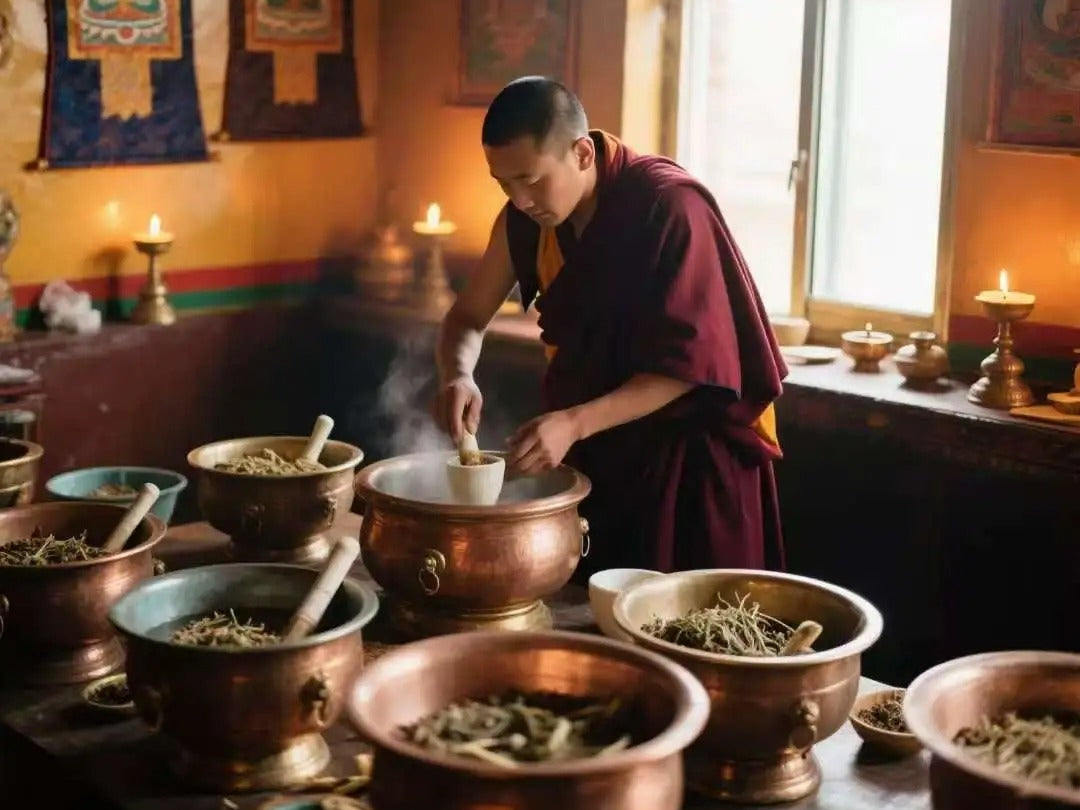A simple, respectful guide to Losar, Saga Dawa, Monlam, Tara days, and how communities — near and far — honor them.
Tibetan festivals are woven into a lunisolar calendar that ties religious meaning to seasons, pilgrimage routes, and communal life. For many people in Tibet and the Tibetan diaspora these observances mark spiritual renewal, ethical recommitment, and practical acts of generosity. Below is a user-friendly overview of the four festivals most often asked about — Losar, Saga Dawa, Monlam, and Tara days — plus practical, respectful ways to observe them at home if you live outside the Himalayan region.

A quick note on the Tibetan calendar
The Tibetan calendar is lunisolar: months roughly follow the moon while years are adjusted to the solar cycle. Because of that, festival dates shift each year compared with the Gregorian calendar. In practice this means festival timing falls on different Gregorian dates annually, so check a reliable Tibetan calendar or ask a local center if you need exact days.
Losar — Tibetan New Year (renewal and family)
What it commemorates: Losar is the Tibetan New Year, a time for spiritual and domestic renewal. It blends Buddhist observance with older seasonal rituals and remains the most widely celebrated festival across Tibetan cultural regions.
When: Losar typically falls between late January and March, depending on the lunar cycle.
Typical rituals: House-cleaning and symbolic clearing of obstacles; small home shrines are refreshed with new water and offerings; families gather for special meals (tsampa and festive stews), New Year blessings are exchanged, and communities host dances and masked cham performances in some regions. A common theme is letting go of the past and opening to a benevolent future.
How diaspora communities mark Losar: Community centers and monasteries often host public Losar events — from prayer gatherings and cultural programs to shared dinners. At home, many people do a short altar refresh, light a butter lamp or candle, and gather with family or friends for a simple shared meal.

Saga Dawa — Celebrating the Buddha’s life (birth, enlightenment, and parinirvana)
What it commemorates: Saga Dawa is the month when three major events in the Buddha’s life are celebrated: his birth, his enlightenment, and his passing into parinirvana. The full-moon day of Saga Dawa is especially sacred.
When: It falls in the fourth month of the Tibetan lunar calendar — usually around May or June in the Gregorian calendar.
Typical rituals: Acts of generosity (dāna), pilgrimage, circumambulation (kora) of sacred sites, animal release or symbolic acts of liberation, abundant offerings and prayers, and extended merit-making practices. Many Tibetans prioritize ethical behavior during this month, since merits are believed to be multiplied.
How diaspora communities observe it: People may visit local Buddhist centers for special prayers, participate in online teachings, arrange merit events (food donations, community service), or perform home practices like lighting lamps and reciting mantras in dedication for all beings.

Monlam (Great Prayer Festival) — Communal prayer and aspiration
What it commemorates: Monlam (often called the Great Prayer Festival) is an occasion for large communal prayers, sutra recitation, and aspiration for world peace and the flourishing of the Dharma. Historically it became prominent as a wide-scale monastic festival.
When: Traditionally held in the first month(s) of the Tibetan calendar after Losar; the exact timing and emphasis vary by school and region.
Typical rituals: Long sessions of group recitation, ritual offerings, and public aspiration for the welfare of beings. Monlam gatherings historically attracted both monastic and lay communities for concentrated prayer.
How diaspora communities honor Monlam: Local monasteries may host multi-day prayer events or online broadcasts of recitations. Lay participants commonly offer food and light lamps, attend chant sessions, or sponsor prayer-book distribution as a form of merit.

Tara days — A recurring devotion for swift help and protection
What it commemorates: Tara — especially Green Tara — is associated with swift assistance and compassionate action. Tara days are regular observance days for beginning or intensifying Tara practice.
When: Tara is honored throughout the lunar cycle, with the 8th day of each lunar month commonly treated as a Tara day. Certain Tara festivals or special observances may be emphasized locally.
Typical rituals: Recitation of the Tara mantra (Om Tare Tuttare Ture Soha), short visualizations, offering lamps, and requests for protection and swift aid in daily challenges.
How to observe at home: A brief Tara practice at dawn or dusk — lighting a lamp, singing the mantra three times, or doing a short visualization — is a culturally respectful way to connect with Tara’s energy.

Respectful ways to observe these festivals at home
If you live outside Tibet and want to honor these days respectfully, consider these practical suggestions:
-
Learn the meaning first. Read a short trusted text or listen to a teaching so your observance is informed. Intent matters more than performance.
-
Create a simple altar: A small clean surface with a photo or small image (a tiny Thangka or a respectful icon), a water bowl, a light (tea light or oil lamp if safe), and a single flower is enough.
-
Keep offerings modest and symbolic: A cup of water, a small plate of fruit, or a candle honors tradition without excess.
-
Practice generosity: Donate time or resources to a local food bank, sponsor a teaching at a Buddhist center, or help a neighbor — actions that echo the festivals’ ethical focus.
-
Attend or support community events: Join local Tibetan centers or online public teachings. If you can’t attend, consider sponsoring an offering or sharing educational materials.
-
Respect cultural context: Avoid costumes that caricature sacred dances or motifs; prioritize learning and support for artisans and religious teachers.
Final thought: festival practice as lived ethics
Tibetan festivals are not just colorful celebrations — they are recurring reminders to clean the home, renew ethical intention, support community, and cultivate generosity. Whether you mark Losar with a family dinner, honor Saga Dawa through charity, join Monlam prayers, or recite Tara’s mantra on the 8th day, the spirit that animates these practices is the same: care for others, diligence in practice, and mindful use of resources.




